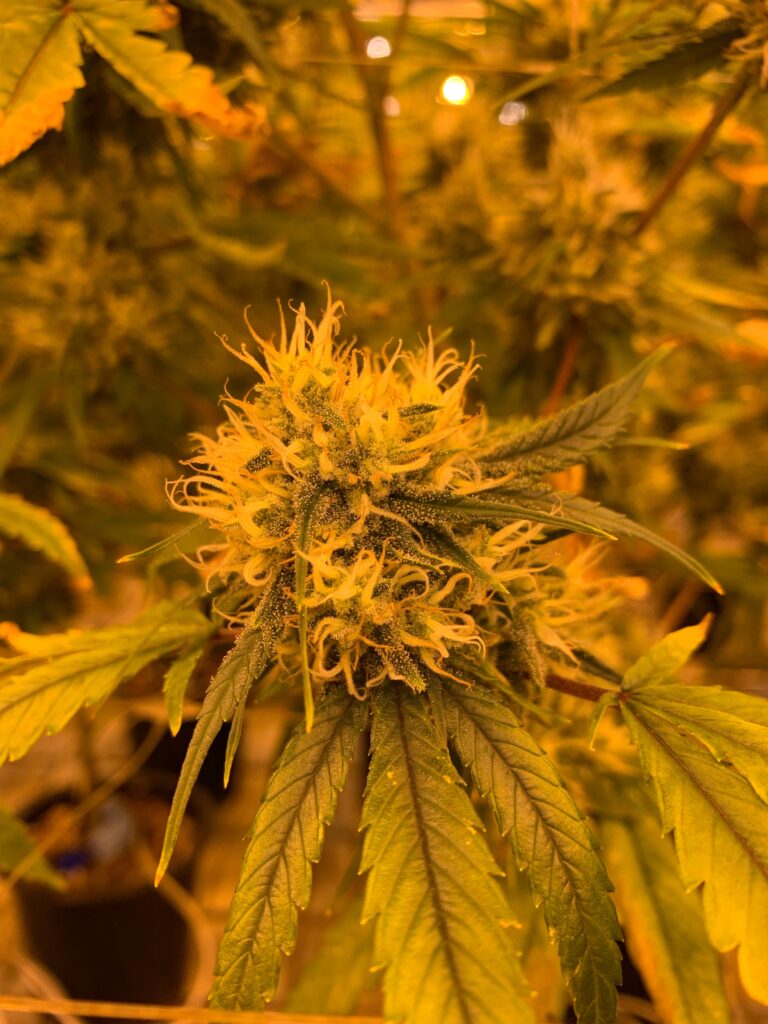What is the legality of cannabis in Jamaica?
In Jamaica, cannabis, locally known as ganja, has a long history of cultural and religious significance. However, its legal status has been a subject of debate for many years. As of 2015, the Jamaican government decriminalized the possession of small amounts of cannabis for personal use. This means that individuals caught with up to 2 ounces (56 grams) of cannabis are subject to a minor ticketable offense, rather than facing criminal charges. Additionally, the cultivation of up to five cannabis plants per household is allowed for personal use.
What is the public opinion on cannabis in Jamaica?
Public opinion on cannabis in Jamaica is generally favorable, with many Jamaicans considering it an integral part of their culture and religious practices, particularly among the Rastafarian community. However, there are still some individuals and groups who oppose the use of cannabis, citing concerns about potential negative health effects and social issues related to drug use.
What are the laws, penalties, and law enforcement regarding cannabis in Jamaica?
While the possession of small amounts of cannabis has been decriminalized, there are still penalties for individuals caught with larger quantities or engaging in the sale or trafficking of the substance. Penalties for cannabis-related offenses in Jamaica include:
- Possession of more than 2 ounces (56 grams) can result in fines, imprisonment, or both.
- Importing or exporting cannabis is illegal and can lead to significant fines and imprisonment.
- Selling or distributing cannabis is illegal and punishable by fines, imprisonment, or both.
Law enforcement in Jamaica takes drug offenses seriously, particularly in relation to trafficking and distribution. While individuals caught with small amounts of cannabis for personal use may not face severe penalties, those involved in the sale or trafficking of the substance can expect a more stringent response from law enforcement.
What terminology is used for cannabis in Jamaica?
In Jamaica, cannabis is most commonly referred to as ganja. Other terms used to describe the plant include herb, weed, and marijuana. The term ganja is deeply rooted in Jamaican culture and is often used in music, art, and religious practices.
What is the legal status of CBD in Jamaica?
Cannabidiol (CBD), a non-psychoactive compound found in cannabis, is legal in Jamaica. CBD products containing less than 1% THC can be sold and used without a prescription. However, the importation and exportation of CBD products may be subject to regulations and restrictions.
Is medical marijuana legal in Jamaica?
Yes, medical marijuana is legal in Jamaica. The 2015 amendments to the Dangerous Drugs Act established a legal framework for the cultivation, processing, and distribution of medical marijuana. Patients with a prescription from a licensed medical practitioner can obtain and use medical marijuana in Jamaica.
Can I grow cannabis in Jamaica?
Under Jamaican law, individuals are allowed to cultivate up to five cannabis plants per household for personal use. This allowance is intended to enable individuals to grow their own cannabis for medicinal, therapeutic, or religious purposes. However, growing cannabis for commercial purposes or in quantities exceeding the legal limit is still prohibited and can result in penalties.
What are some helpful links, government laws, and resources about cannabis in Jamaica?
For more information about cannabis laws and regulations in Jamaica, you can refer to the following resources:
- The Dangerous Drugs Act – This is the primary legislation governing drug offenses in Jamaica, including cannabis-related offenses.
- Jamaica Cannabis Licensing Authority – This government agency is responsible for regulating the medical marijuana industry in Jamaica, including issuing licenses for cultivation, processing, and distribution.
- Get the Facts: Ganja Law – This resource provides an overview of the changes to Jamaica’s cannabis laws that took effect in 2015.
